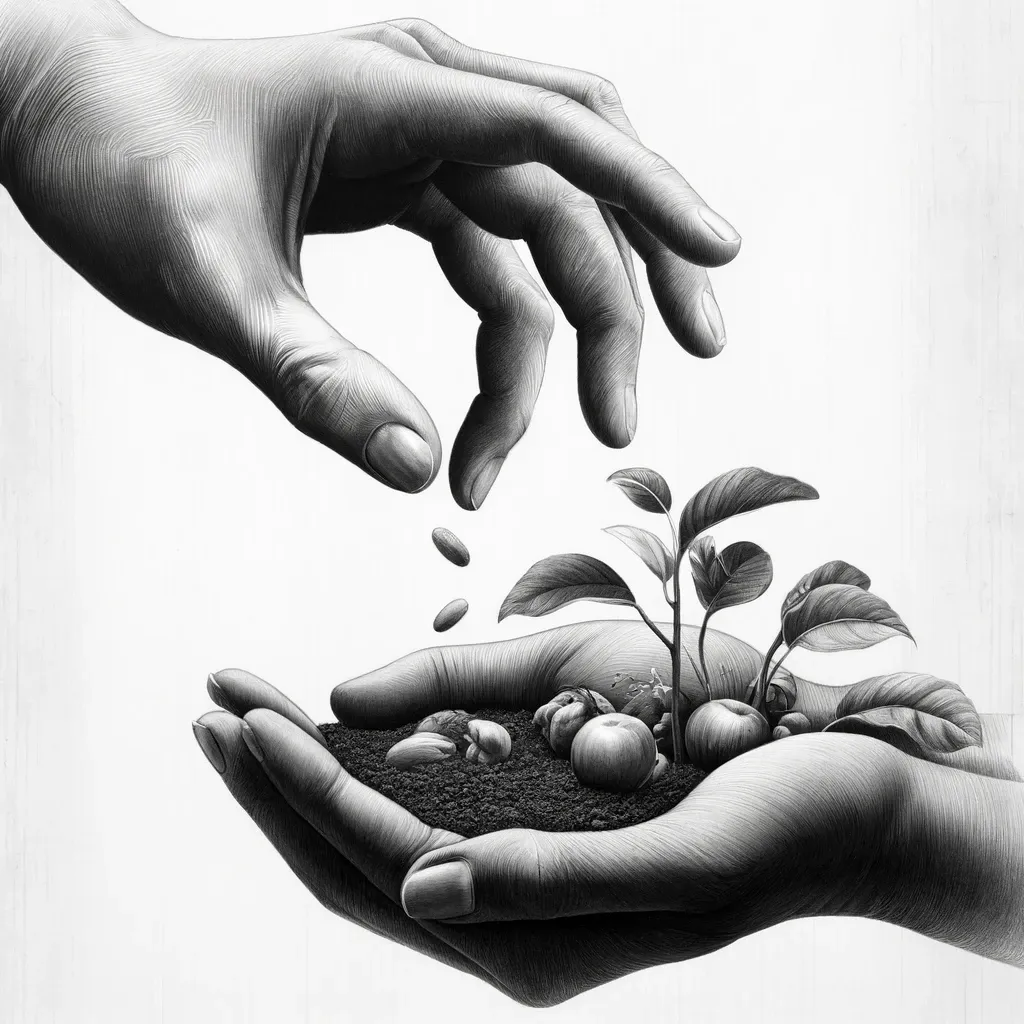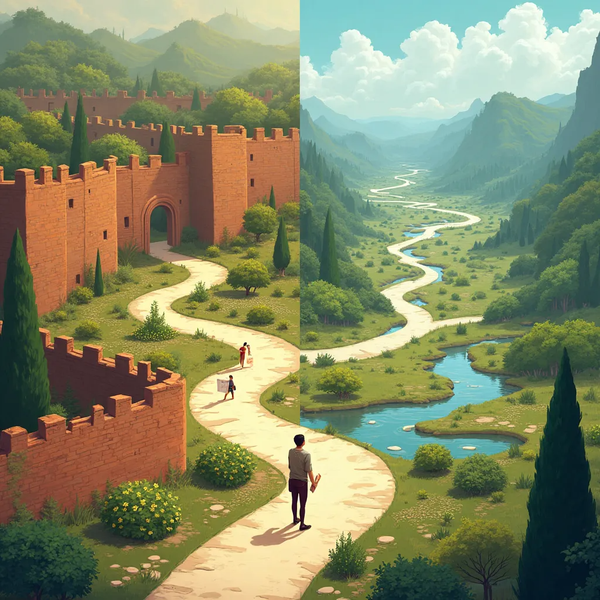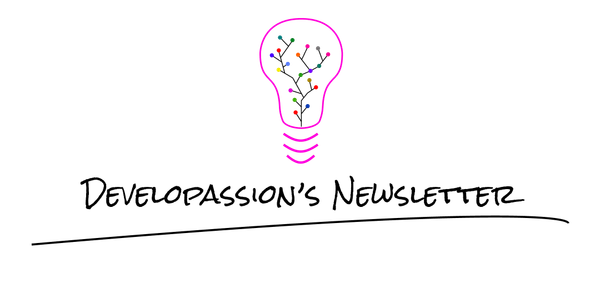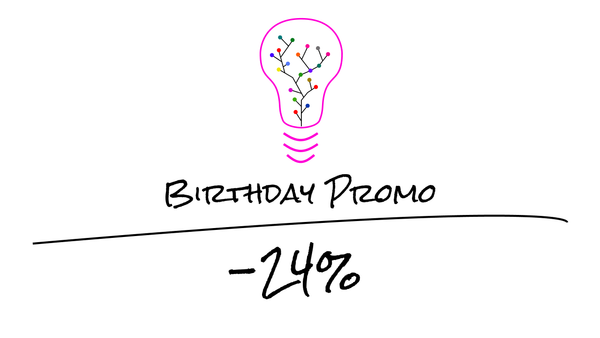Understanding Eventual Reciprocity
Eventual reciprocity is a long-term game that can help you build better relationships, accumulate trust, social capital, reputation, and has unexpected benefits.

In this article, I want to discuss about eventual reciprocity, a very interesting concept that we can all leverage.
Introduction
We humans are social animals. Social interactions and relationships are at the very center of our lives. That's why reciprocity is such an important concept.
Three types of reciprocity have been identified by anthropologist Marshall Sahlins in 1965:
- Generalized: giving without expecting a specific outcome
- Balanced: give-and-take
- Negative: unequal
But there's at least an additional and rarely discussed type of reciprocity: eventual reciprocity, which I consider to be the natural extension/consequence of generalized reciprocity. Let's explore it!
Link between relationships, social capital, trust and reciprocity
When we interact with others, we build and strengthen relationships. For each of those relationships, whether professional or personal, we build, destroy or rely on a "social capital". That capital builds up when we have positive interactions, provide value, help, etc. And conversely, it reduces whenever we have negative interactions, are annoying, too demanding, stressful, tiring, etc. There are very strong links/dependencies between emotions, relationships, trust, and social capital.
When people are there for us, good for us, helpful, "good" (whatever that means), etc, we feel a need to reciprocate. We receive, and thus we give back. We get helped, so we help in return. People lend us money, so we do the same in return. As long as the social capital is positive, reciprocity is a positive-sum game.
What is eventual reciprocity?
The idea behind eventual reciprocity is that, while specific our social interactions and value exchanges may not benefit us immediately, as long as they are "positive", they still contribute to building up our social capital. In turn, it increases the chances that the other person/party will want to reciprocate (now or later).
Simply put, if you help someone many times over, without asking for anything in return, chances are that they will be more and more driven to help you in return when the opportunity presents itself (or when you ask).
Eventual reciprocity is a really important concept. It's all about being able to give without expecting something in return. It's not always needed, and the net result (i.e., when the other party ends up "giving back") may be much more valuable than whatever you could have gotten right away with a give-and-take kind of reciprocation.
Why is eventual reciprocity important for content creators and entrepreneurs in general?
Without questioning the fact that all work deserves to be paid (i.e., we all need money to live), eventual reciprocity needs to be considered as a way to create leverage.
Provide as much value as possible for free, for as long as "possible". Ultimately, when you will need help/ask for something, chances are that those you were there for will reciprocate in some way. They may even help in subtle ways.
For instance, at the time of writing, I've published 134 editions of my newsletter. Those have all been accessible for free at some point. Preparing each of those has taken me quite a bit of time and effort. I've done research, shared my ideas/experience/expertise/discoveries etc. I've enjoyed creating those because I love writing and sharing. But I didn't do it only for fun. I was trying to find like-minded people, build an audience, create a community, and, make a living out of my solopreneur projects. My newsletter and blog are the two most important parts of my flywheel. People who discover my Website/newsletter learn more about me, hopefully get value out of the content I create, and thus benefit for free. I do try to push my readers to subscribe (for free or not), but I don't force hands. My hope is that the relationships I build and the perceived value (which is all that matters at the end of the day) of my creations help me accumulate enough social capital, and end up motivating people to become paid subscribers, buy my products, and/or support me in other ways (e.g., voting for my HN submissions, sharing my stuff on social networks/with their friends, etc). I do believe that it works, even if it takes a while for people to go from "I don't know you" to "I love what you do and want to help you succeed".
In addition, you also get to build social capital with people who get to observe your generosity, even if they don't directly benefit. This opens the doors to improving your reputation, better promoting your work, selling more products, and finding unexpected partnerships.
Social capital and eventual reciprocity is much more powerful than one-time transactions
Interestingly, eventual reciprocity doesn't necessarily "consume" all the accumulated social capital. People who end up supporting you because they feel a need to might continue to do so far beyond the (perceived) value they have gotten. That's why I really prefer the idea of providing value for free, building social capital, counting on eventual reciprocity, versus "just" building an audience and trying to force their hand to give me money in a "one-shot" exchange. Yes I do create products that anyone can discover and buy without knowing who I am. But I much rather build long-term relationships with those people than sell them something as part of a single transaction. And this holds in various contexts (work-related and personal).
Building social capital and counting on eventual reciprocity is a long-term game as mentioned by popular solopreneurs such as Arvid Kahl.
Conclusion
In this article, I've shared some ideas about social relationships, social capital, reciprocity, and eventual reciprocity. Hopefully, you now have a better idea about why eventual reciprocity is useful/powerful. It's not only a positive-sum game, but also a wonderful way to be "good humans", and create a better world (no kidding!).
That's it for today!
About Sébastien
I'm Sébastien Dubois, and I'm on a mission to help knowledge workers escape information overload. After 20+ years in IT and seeing too many brilliant minds drowning in digital chaos, I've decided to help people build systems that actually work. Through the Knowii Community, my courses, products & services and my Website, I share practical and battle-tested systems. You can follow me on X 🐦 and on BlueSky 🦋.
I am an author, founder, and coach. I write books and articles about Knowledge Work, Personal Knowledge Management, Note-taking, Lifelong Learning, Personal Organization, and Zen Productivity. I also craft lovely digital products.
If you want to follow my work, then become a member and join our community.
Ready to get to the next level?
If you're tired of information overwhelm and ready to build a reliable knowledge system:
- 🎯 Join Knowii and get access to my complete knowledge transformation system
- 📚 Take the Course and Master Knowledge Management
- 🚀 Start with a Rock-solid System: the Obsidian Starter Kit
- 🦉 Get Personal Coaching: Work with me 1-on-1
- 🛒 Check out my other products and services. These will give you a rock-solid starting point for your note-taking and Knowledge Management efforts





